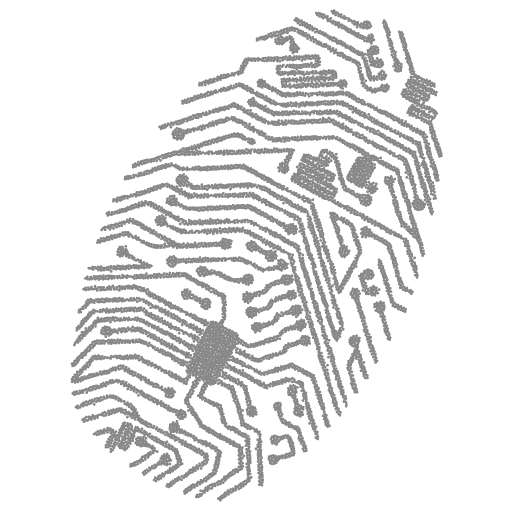The latest annual report from The Law Commission (an independent body responsible for reviewing existing laws and proposing legal reforms in England and Wales) included the announcement of a new effort to review the way in which the current English legal framework applies to smart contracts.
new tech law blog

Is it time for a smart contracts codification commission?
Who is the data controller in a blockchain?
In the latest Rzeczpospolita Report on the legal aspects of blockchain and its applications, I briefly discussed the challenges related to applying data protection regulations in this context. It is a complicated issue as it appears that blockchain can potentially challenge the basic assumptions and regulatory approaches provided by the GDPR.
New categories of legal entities need to be recognised
This article discusses further an aspect of Agnieszka Kraińska’s article on legal personality and artificial intelligence. I take a slightly perspective of the subject. Even today new categories of legal entity are needed, unrelated to AI systems.
Prosta Spółka Akcyjna: a list of shares in a dispersed database
A proposal presented in May by the Ministry of Entrepreneurship and Technology for amendments to the Commercial Companies Code provides for a new type of capital company – Prosta Spółka Akcyjna (PSA). This legislative proposal has been criticised for an excessive amount of regulation and complexity of the provisions, and also has been welcomed for achieving the principal goal of the initiative, which is making the legal environment suitable for start-ups. This article discusses the section of the amendment that deals directly with new technologies.
Legal aspects of Airdrops
We have been writing about the legal issues surrounding tokens and ICOs/token sales for quite some time now. However, there’s still a lack of clarity regarding many legal and tax issues regarding the sale and exchange of tokens. The subject is not directly regulated by either EU or Polish laws. While the European Securities and Markets Authority and numerous national regulators (including the Polish Financial Supervision Authority) have issued statements on the subject, numerous issues remain unresolved creating uncertainty for blockchain entrepreneurs and their lawyers.
Reconciling web-blocking injunctions and freedom of speech – mission impossible?
Within the EU, web-blocking injunctions have become an increasingly prevalent mechanism utilized by copyright holders to protect against the unauthorized use of their copyrighted materials online. Recently extended to protect trademark rights, these injunctions are heralded by rights holders within the music, film, and luxury goods industries, as an incredibly effective method in protecting copyrighted/trademarked material from online infringement. However, these injunctions should be considered a weapon of last resort in fighting online infringement, rather than a standard tool of enforcing intellectual property rights (IPRs). Implementing these injunctions or filtering mechanisms should be done so sparingly, as their increased use endangers fundamental civil liberties such as free speech and due process.







